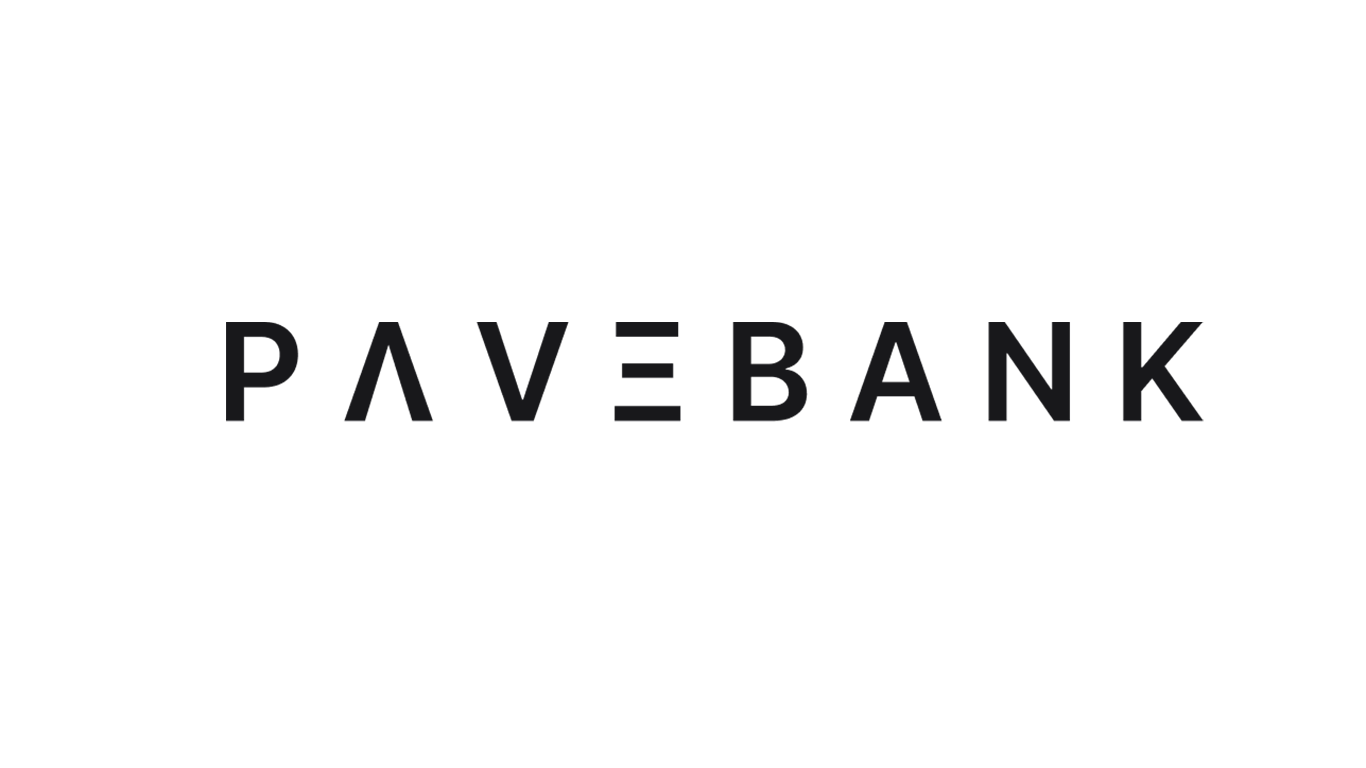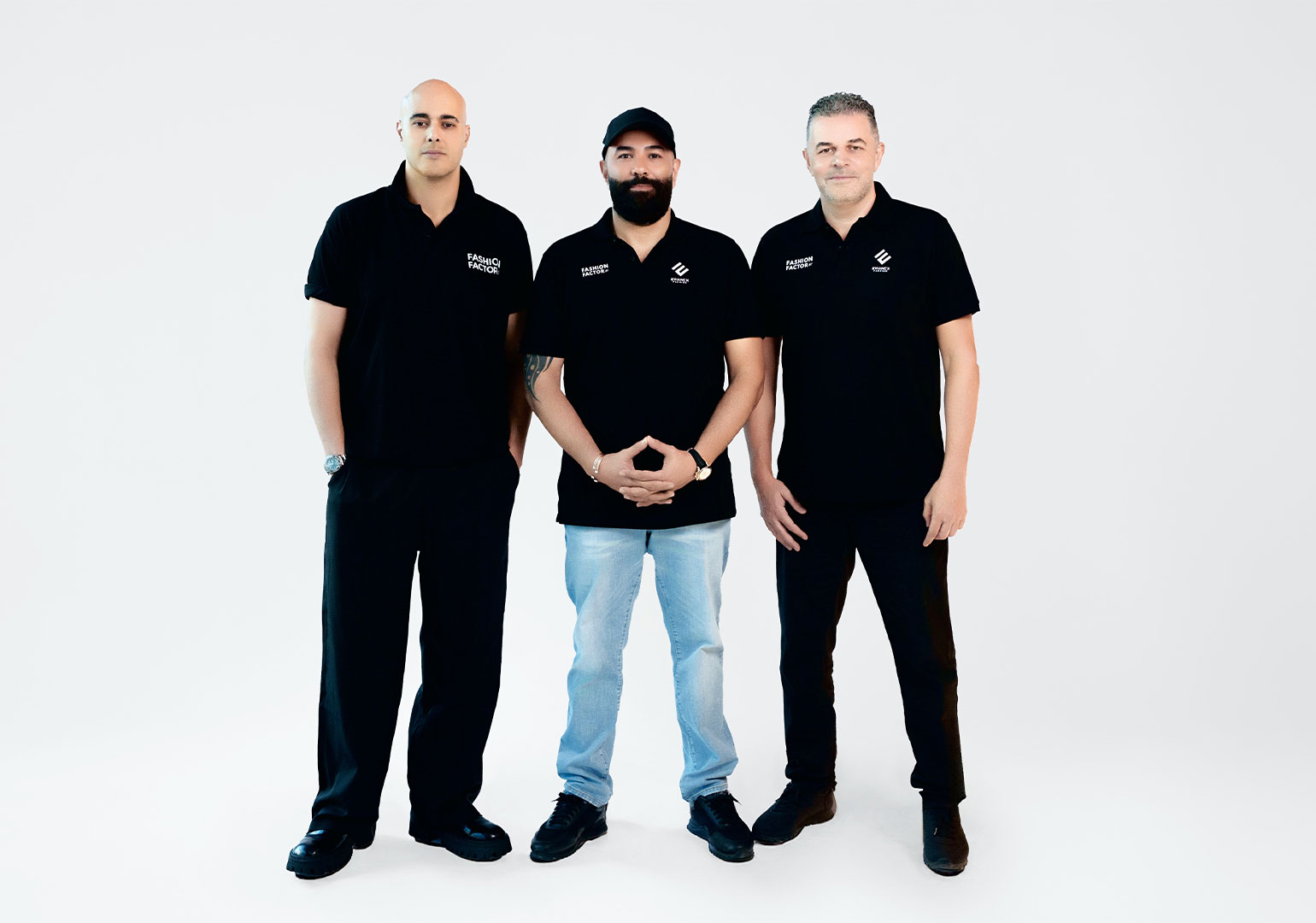In my first article, I presented a case for why the gambling industry seeks regulation where many other industries do the opposite. Whilst perhaps counterintuitive, the gaming industry actually benefits from regulatory oversight, regulatory requirements and regulatory audit. In this article, I’ll do my best to explain the reasons for that and provide proof that the Georgian gambling industry, or the gaming industry as it is more broadly known, is thriving because of the regulatory scheme implemented by the government.
Customer Trust is Key
Based on the facts of mathematics, casino games, land-based or online, all provide the winning edge to the casino, or ‘the House’ as it is normally called. This House edge varies from game to game. For example, a traditional blackjack game, played with standard rules and basic strategy, will yield a house edge of around .5% but can increase to 2% or more if the player is not skilled at the game. Standard roulette, by comparison, has a much higher House edge, which for the American version is 5.6%. The House edge also applies to Slot Machines, or more specifically, Electronic Gaming Machines (EGMs). EGMs must meet payback to the players a minimum percentage over the lifecycle of the particular game theme. This payback is the game’s Return to Player (RTP) percentage. The minimum RTP allowed in Georgia is 80%, but most EGMs are set using pre-programmed mathematics to pay back as much as 97%, and sometimes even more.
Given the complex mathematics involved, players must rely on trusting that the casino operator is providing games that are fair, meaning that the casino is not cheating and doing things to artificially manipulate and increase the House edge. However, fairness is very difficult to discern if you’re a player.
Let’s take a blackjack game as an example where a single deck of 52 cards is being used. The deck is shuffled by the dealer, placed in a shoe, and then dealt. It is reasonable for a player to keep track of which cards have been dealt and to determine if the dealer is somehow cheating. However, single-deck, hand-shuffled blackjack tables are the exception these days. Most casinos are using multiple decks of cards, usually between 3 and 6, and many are using automated shuffling machines that ensure the cards are shuffled thoroughly, eliminating any potential for the player to track, also known as “counting” cards. Even more thorough are the continuous shuffler devices where, as the name implies, the cards are continuously being shuffled, and dealt cards are put into the shuffler and are shuffled in with the rest of the cards. So, how can a player trust that they’re not being cheated?
Determining if a casino is cheating is even more challenging on slot machines. Those fancy devices with 2, 3, or 4 monitors, eye-popping graphics and amazing audio provide no possibility for a player to discern what the game’s payback is supposed to be. The computer program running on those devices is inaccessible to the player and so is the means to determine whether they are operating fairly or not. There’s a reason why back in the day slot machines, which then had a handle you had to pull to play, were known as One Armed Bandits! So, how can a player trust that they’re not being cheated?
It all comes down to trust, and whilst some players may be willing to trust that a casino is not cheating them, others may want assurances that the games are being operated fairly. As the saying goes, “Trust takes years to build, seconds to break, and forever to repair”. All it takes is a few instances where players believe they were cheated to ruin the reputation of a particular establishment, and potentially the local industry. Regulations and Regulatory Authorities establish and maintain that level of Trust.
Establishing and Maintaining Trust.
“Inspect what you Expect” is a management philosophy utilized the world over. Regulatory Authorities, including the one in Georgia, also follow this doctrine which starts with what is expected. In the gaming industry, the expectations are set in Laws, Regulations and Minimum Internal Controls.
Gaming Laws are drafted based on legislative policy and are broad in nature, designed to ensure that gaming is conducted honestly, fairly and free of criminal elements. Gaming Laws aim to protect players so as to secure their ongoing confidence that is being conducted with integrity, free of cheating and fraudulent practices. Gaming Laws also typically seek to protect vulnerable individuals, such as minors, as well as to establish a means of generating state revenues in the form of taxes, levies, licensing and other fees.
Regulations are more specific and include both operational and technical requirements. Regulations specify what is expected in terms of the characteristics that gaming products must meet. They specify the methodologies by which those products may be made available to players, and the physical attributes that products and associated gaming facilities must meet. Regulations may be risk-based, where latitude is provided the operators to determine their operating procedures based on their assessment of the risks associated with those procedures, or they can be specific, where exact specifications, processes or procedures are mandated.
Minimum Internal Controls (MICS) are operating procedures that casinos must, at a minimum, incorporate into their Standard Operating Procedures. Casinos typically create their own Internal Control Standards (ICS) that usually exceed the requirements specified by MICS. MICS cover a variety of casino operational areas including Cash Desk, Slots and Table Games, to list the major ones. The MICS specify certain processes that must be performed within a specified period. Examples of MICS requirements include: playing cards to be used on table games must be kept in a secure, access-controlled location; The Actual Hold Percentage of each Slot Machine is to be calculated at least once each quarter for the Year-to-Date, and if practicable, Life-to-Date of the machine. Each slot machine’s Actual Hold Percentage is to be compared with it’s Theoretical Hold Percentage and any large variances investigated to determine the correct slot machine operation, with such investigation and resulting findings, documented.
Gaming Laws, Regulations and MICS represent the requirements that are ‘expected’. Regulatory Authorities then ‘inspect’ operators and suppliers to ensure that they are adhering to these requirements. Deviations are investigated, and depending on the nature and severity, fines may be issued, and in severe cases, licenses are revoked. This process of rules, controls and inspections are designed to maintain the player’s trust and confidence that the games they are playing are not rigged, but in fact, are fair.
The Numbers Don’t Lie.
The premise that regulation in the gaming industry spurs growth can be seen in the number of permits issued to companies in Georgia. Prior to January 2020 and therefore prior to the devastating impacts of COVID-19 on the gaming industry, Georgia had issued 33 gaming permits.
Now that Georgia has a Gaming Law, Regulations and a Regulatory Authority in place, the number of gaming permits as of the end of Q1 2022 has increased more than three-fold to 104!
Type of Permit | End of Q4 2019 | End of Q1 2022 |
| Slot Hall | 21 | 55 |
| Casino | 6 | 12 |
| Betting Shop | 6 | 18 |
| B2B Permit | 0 | 18 |
| Gambling Club | 0 | 1 |
Total | 33 | 104 |
This is positive news for the Georgian gaming industry. It is also good news from a financial perspective, as these new companies offer good-paying jobs which directly impact Georgians and indirectly provide a boost to the Georgian economy.
If this positive trajectory continues, and there are strong indications it will, then this bodes well for the Georgian gaming industry, the prospect of additional jobs, ongoing positive economic impact and putting Georgia on the map as a gaming jurisdiction that is on the fast track to becoming on par with other long-established ones both in Europe and around the world.
Mr Pace is a seasoned gaming industry executive with a career spanning land-based casino operations,
slot machine manufacturing, gaming systems development, online gaming
and lottery technical operations and regulatory affairs at the local and federal levels internationally.

Mark Pace
Mr Pace is a seasoned gaming industry executive with a career spanning land-based casino operations, slot machine manufacturing, gaming systems development, online gaming and lottery technical operations and regulatory affairs at the local and federal levels internationally.















